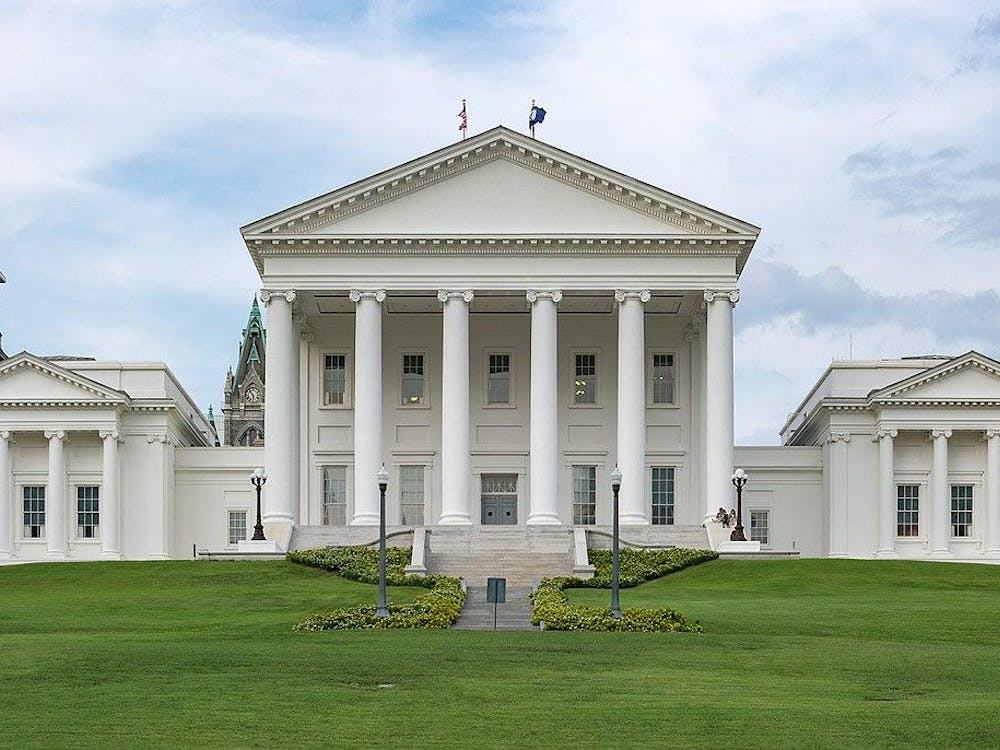On February 24th, Ugandan President Yoweri Museveni signed a bill into law that makes acts of homosexuality punishable by life in prison, and includes similarly harsh provisions for anyone who openly supports gay rights. The president signed the legislation, arguably one of the harshest anti-homosexual laws in the world, despite pressures from western diplomats and human rights groups.
In 2011, Ugandan gay rights activist David Kato was beaten to death with a hammer after his name and picture were published in a Ugandan tabloid. Last week, the Red Pepper tabloid published an article that exposed “Uganda’s 200 Top Homos.” The increasingly fervent anti-gay sentiment in the nation, in combination with the implementation of this new law, has left the gay community in Uganda, and their supporters, isolated and in serious danger.
This crisis calls upon the United States and the West to set a new precedent for how human rights violations against homosexuals will be received. We cannot continue to call ourselves a global leader of the free world if we do not take action against such open and aggressive violations of human rights by nations to whom we give significant developmental aid and with whom we maintain strong diplomatic ties.
Since Museveni signed the bill into law, several western nations, including the Netherlands, Denmark and Norway have frozen or altered aid to Uganda. The World Bank has also suspended its aid to the nation. President Obama and Secretary of State Kerry verbally condemned Uganda’s new law shortly after the bill was signed. Kerry has promised a reevaluation of US-Uganda relations, calling the law “atrocious.” However, the US has yet to take concrete action, likely because Uganda is a strong ally for the US in Central Africa, particularly against Islamist insurgency groups in Somalia.
Museveni’s decision to sign the bill this year is likely an attempt to regain popular support in preparation for the 2016 Ugandan elections. By harnessing popular anti-gay sentiment and mounting cynicism towards western involvement in Uganda, Museveni has successfully regained the endorsement of the populace, who largely condone the legislation. Conflating the outlawing of homosexuality with the preservation of “African values,” he has demanded that western groups “keep quiet” if they disagree with the law.
Unfortunately, the strong anti-gay sentiment in Uganda is not unique, but representative of an increasingly global problem. Seventy-seven countries total, and 38 out of 54 African nations, have criminalized homosexuality.
Despite the values of democracy and liberty that are characteristic of American rhetoric, the United States has supported an array of authoritarian leaders in recent history. In cases such as Egypt’s former president, Hosni Mubarak, we have turned a blind eye to human rights issues when action would threaten our interests abroad. Our tendency to act on a case-by-case basis, and our struggle to balance national interests with values implied in democracy, has led to an international reputation, which often involves the terms “hypocrisy,” and “imperialism.” In order to continue to act as an effective force abroad, this reputation must be changed.
Throughout contemporary history, many political leaders have sacrificed human rights as a method of political gain. Tragedy often follows when groups are singled out because of their race, socioeconomic status, sexual orientation or political affiliation. The majority of these global tragedies started out much like this bill, with the institutionalization of discrimination toward a minority group that has already been subject to prejudice by the people. Secretary of State Kerry put it best when he said, “You could change the focus of this legislation to black or Jewish and you could be in 1930s Germany or you could be in 1950s-1960s apartheid South Africa.”
Although he has gone to great lengths to paint this issue as a Ugandan matter with no relevance to the West, Museveni is clearly using the law to make a global statement, as demonstrated by the signing of the legislation in front of the international media. Thus far, Uganda has not budged on the legislation, dismissing the aid cuts that have already been made. However, it is likely that cuts in aid from the US, Uganda’s biggest western donor, would make a significantly more resounding statement to the country, whose per capita GDP is only $558.
The United States has the opportunity to make it very clear that we will not continue to provide developmental aid and support the economic growth of a nation that has endangered its own population. Although we have missed the chance to lead the West in cutting aid, we now have the obligation to follow the examples set by our western allies and encourage other nations to follow suit. If we choose not to take action, we may be faced with a larger question of how to deal with mounting violence and further human rights violations in Uganda in the upcoming months and years.
Mary Russo is a Viewpoint Writer.





